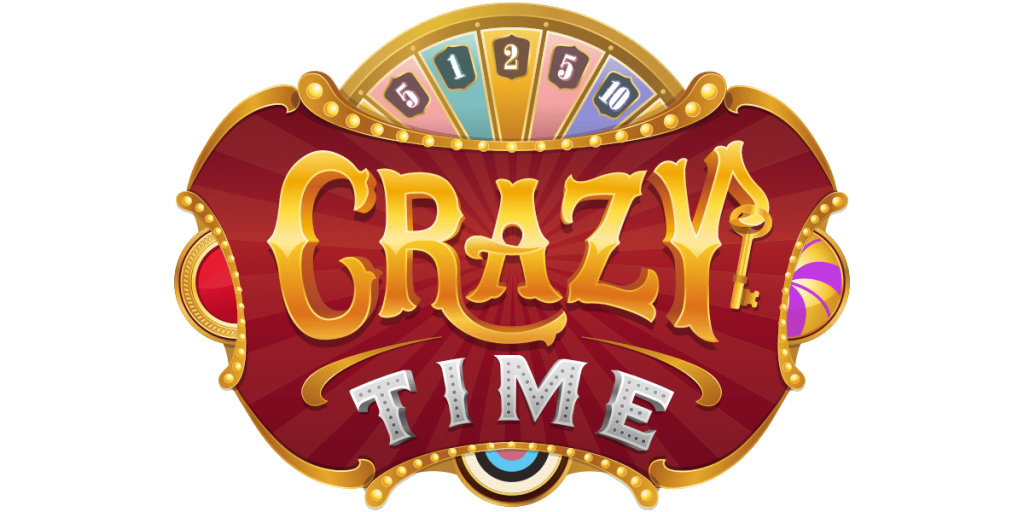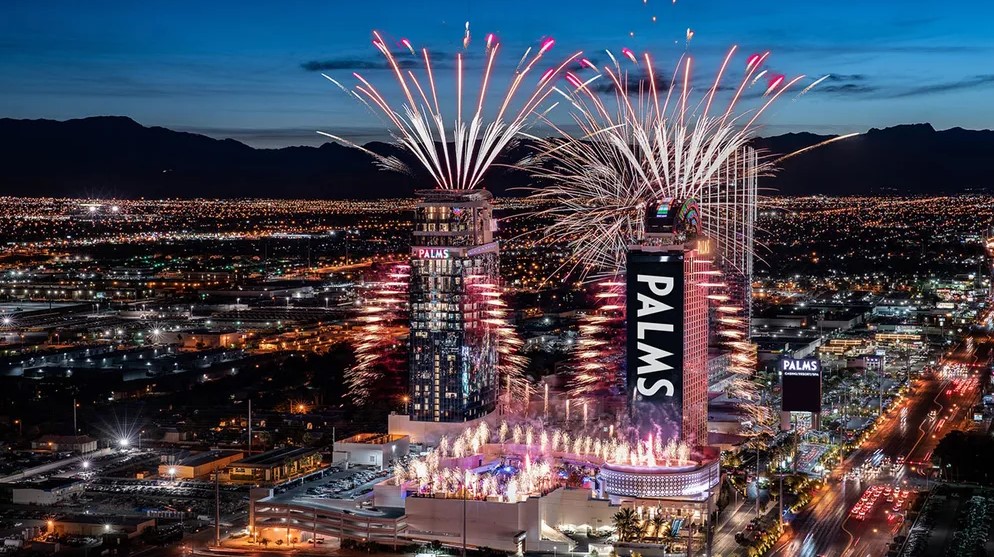Crazy Time: Palms Casino Resort: The Palms Casino Resort in Las Vegas is more than just a luxurious hotel and gaming destination—it’s a cultural icon that has undergone numerous ownership changes and transformations since its opening. Understanding who owns the Palms today involves tracing its dynamic history, shifts in business strategy, and the growing influence of Native American tribes in the gaming industry.
Overview of the Palms Casino Resort
| Feature | Details |
|---|---|
| Location | Las Vegas, Nevada |
| Opened | November 15, 2001 |
| Initial Developer | The Maloof Family |
| Total Rooms | Approx. 766 |
| Number of Towers | 3 (Fantasy Tower, Ivory Tower, Palms Place) |
| Casino Floor Area | Approx. 95,000 sq ft |
| Amenities | Pool, spa, nightclubs, restaurants, cinema |
A Brief Timeline of Ownership
| Year | Owner | Key Events |
|---|---|---|
| 2001 | Maloof Family | Palms opens with high-end branding and celebrity-focused marketing |
| 2011 | TPG Capital & Leonard Green | Maloof sells majority stake amid financial struggles |
| 2016 | Red Rock Resorts (Station Casinos) | Acquires full control, invests ~$690M in renovations |
| 2021 | Closed due to COVID-19 | Casino remains shut through much of the pandemic |
| 2022 | San Manuel Band of Mission Indians | Becomes first Native American tribe to own and operate a Vegas resort |
Current Owner: San Manuel Band of Mission Indians
Who Are They?
Palms Casino Resort: The San Manuel Band of Mission Indians is a federally recognized Native American tribe based in Southern California. Historically known for their sovereignty and business acumen, the tribe owns and operates the Yaamava’ Resort & Casino in Highland, California.
Palms Casino Resort: In May 2022, the tribe made headlines by purchasing the Palms Casino Resort for $650 million, marking a landmark moment as the first Native American tribe to own and operate a casino in the Las Vegas Strip area (though technically off the Strip).
Ownership Structure and Management
| Entity | Role |
|---|---|
| San Manuel Gaming and Hospitality Authority | Ownership and strategic oversight |
| Palms Casino Resort Management Team | Day-to-day operations and guest services |
| Regulatory Bodies | Nevada Gaming Commission, Tribal entities |
Strategic Goals
- Diversify tribal revenue beyond California
- Expand tribal influence in the national casino industry
- Promote tribal culture and sustainable operations in gaming
Renovations and Reopening
Palms Casino Resort: Though the Palms underwent a massive renovation under Red Rock Resorts between 2016 and 2019, the San Manuel tribe re-evaluated the property before its 2022 reopening. The resort retained much of the modern aesthetic but saw operational changes reflecting tribal values such as sustainability, employee development, and community engagement.
| Investment Area | Description |
|---|---|
| Entertainment Venues | Reopening of Pearl Concert Theater, Ghostbar |
| Dining | Revamped food courts and new Native-owned restaurants |
| Casino Floor | Updated gaming systems, loyalty programs |
| Employment | Hired over 1,200 new employees, many from local communities |
Financial Performance and Market Position
Palms Casino Resort: Palms is positioned as a mid-to-high-tier resort off the Strip, offering a blend of affordability and luxury. With strong branding from its earlier years and a loyal customer base, the resort is seeing a financial revival.
| Metric | Estimate (Post-2022) |
|---|---|
| Estimated Annual Revenue | $250M–$350M |
| Average Daily Rate (ADR) | $150–$250 per night |
| Casino Revenue | Approx. 40–50% of total revenue |
| Event Bookings | Strong rebound due to concerts, weddings |
Industry Impact
Broader Trends
- Tribal diversification: Tribes expanding into hospitality, renewable energy, and real estate
- Cultural branding: Using tribal identity to create distinct experiences
- Strategic investments: Pursuing properties with strong brand equity
Conclusion
The Palms Casino Resort’s ownership by the San Manuel Band of Mission Indians is more than a business transaction—it’s a symbol of economic progress, tribal sovereignty, and shifting dynamics in the gaming world. With a fresh vision and a powerful heritage, the tribe is poised to redefine what it means to run a world-class resort in the entertainment capital of the world.

